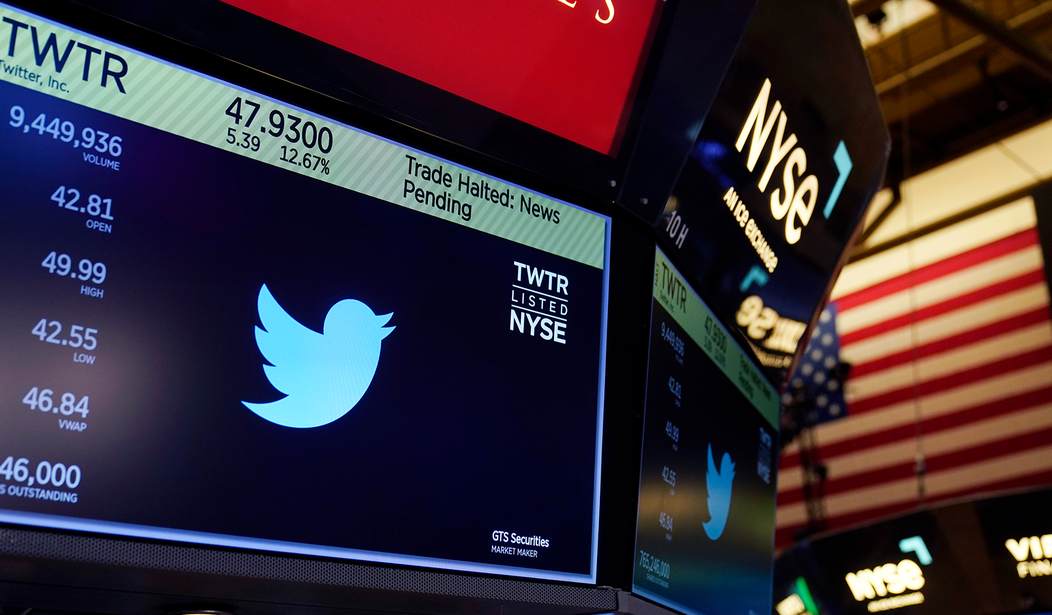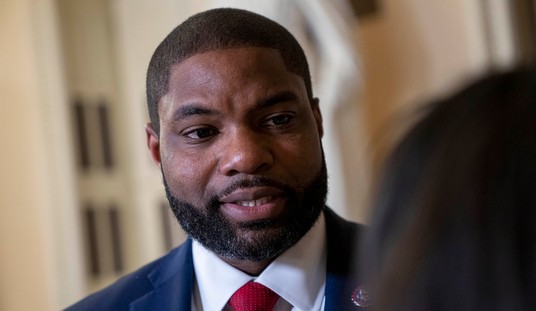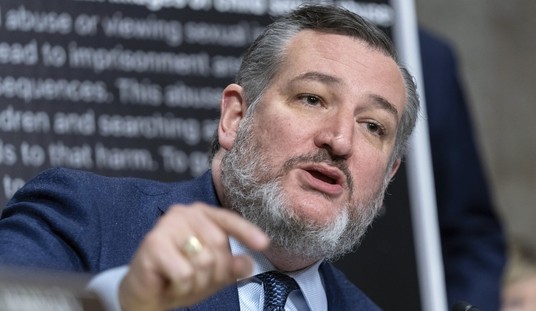The monthly labor reports are out, and it appears that U.S. hiring cooled slightly in March with just 236,000 jobs created. Unemployment fell to 3.5. percent.
That cooling comes as the Federal Reserve has aggressively raised interest rates to fight the high inflation plaguing the U.S. economy. That cooling job growth in March takes the pressure off wage growth, which factors into inflation.
More via the Wall Street Journal:
Job gains at many services businesses are helping offset cuts at large companies in industries such as technology, finance and entertainment. Zoom Video Communications Inc. is laying off 1,300 employees, or 15% of its staff. Goldman Sachs Group Inc. plans to cut 3,200 jobs. Walt Disney Co. began laying off workers in late March.
Weekly jobless claims, a proxy for layoffs, have risen from historic lows and job openings have declined, in signs of easing demand for workers as the labor market gradually cools.
“The great labor market machine is finally slowing down some, but it’s still got a lot of strength left,” said Robert Frick, corporate economist at Navy Federal Credit Union.
Moreover, the recent financial crisis involving three tech-aligned banks did not have an impact on the March jobs report. That doesn’t mean you won’t see any effects in a future report, but it does mean that the worst fears of the financial sector appear to have been averted.
The bank failures did have financial experts and Wall Street executives wondering (or hoping) that the Federal Reserve would pause rate hikes, but the Fed instead reduced their hike to just 25 basis points (0.25 percent).
There are some signs that the push to reduce inflation has had an impact on hiring, which is something the Federal Reserve is aiming for in its aggressive measures. The WSJ points out that there are some signs outside the labor report indicating that employers are easing back on hiring.
Big wage gains have contributed to the run-up in inflation over the past couple of years, as some employers pass along price increases to offset higher labor costs. Though wage growth is still running above prepandemic levels, it has cooled in recent months, helping align with the Fed’s goal of lowering inflation.
Advertisements for signing bonuses on Indeed.com are becoming less common in lower-wage sectors. That likely reflects easing labor shortages as more workers seek jobs, a shift from earlier in the pandemic when the share of Americans ages 25 to 54 remained depressed because of factors such as child-care disruptions, fear of Covid-19 and expanded government benefits.
The job market is still tight, with the national unemployment rate hovering near half-century lows.
Based on the data from this jobs report, the WSJ notes that “Small businesses and consumers might find it harder to get loans, which could ultimately result in layoffs. Workers, meanwhile, could be more hesitant to search for new jobs.” So, there may be some impact felt throughout the U.S. as hiring cools, but currently there are few warning signs that anything immediate is coming. However, recession concerns are still in the backs of everyone’s minds as warning signs for economic trouble in the coming months loom.













Join the conversation as a VIP Member